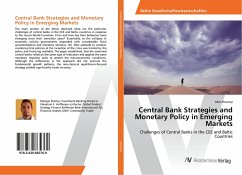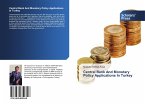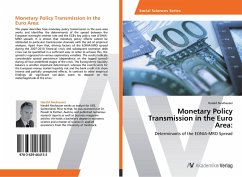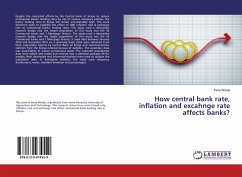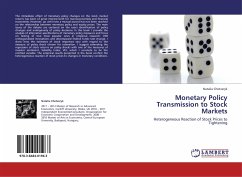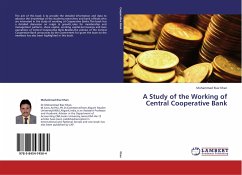The main section of the thesis observed what are the particular challenges of central banks in the CEE and Baltic countries in response to the recent World Economic Crisis and how has their behaviour been changing since their transition years? Essentially, to the collapse in economic activity governments responded with considerable fiscal accommodation and monetary stimulus. Yet, their aptitude to conduct countercyclical policies at the inception of the crisis was limited by the policy and financing available. The paper established, that the examined central banks relied on the same type of indicators and applied the same monetary response tools to amend the macroeconomic conditions. Although the differences in the approach did not overrule the fundamental growth patterns, the neo-classical equilibrium-focused strategy yielded significantly faster recovery.

